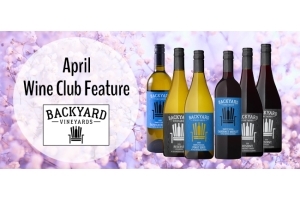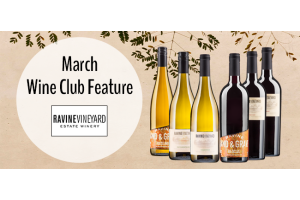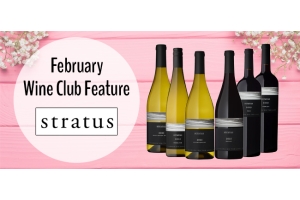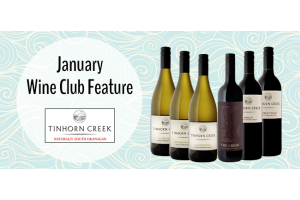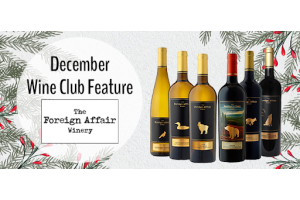Wine 101: Does All Wine Improve With Age?
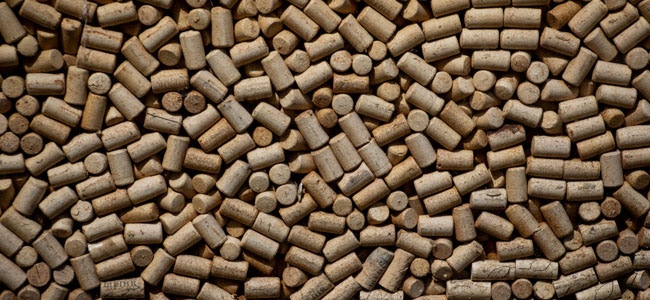
It doesn't matter if it’s Beaujolais Nouveau, home made wine or a fancy bottle of Bordeaux. There is a romantic notion among consumers that ALL wines improve with age, especially the reds. But most wines are meant to be drunk when they are young and fresh. In fact, many lose their desirable qualities if we wait too long to enjoy them. Not every wine has the genes of Audrey Hepburn or Sean Connery.
So what does it take to age well? A high level of acidity and tannins (for reds), as well as a good concentration of flavours is essential. There are some grapes that naturally have good DNA.
For the reds, Sangiovese, Nebbiolo, Cabernet Sauvignon, Tempranillo, Mourvèdre and Syrah are among the Sean Connery camp. The highly regarded regions of Bordeaux (Cabernet Sauvignon based), Hermitage & Côte-Rotie (Syrah), Rioja (Tempranillo), Brunello di Montalcino (Sangiovese), Barolo & Barbaresco (Nebbiolo) are regulars in a collectors’ cellar. The list, of course, is not limited to these contenders. There are plenty of well-priced wines made from these grapes that will benefit from a few years of patience.
Despite pre-conceived ideas, whites can age too! The best Riesling, Chenin Blanc, Semillon, Grüner Veltliner and Chardonnay become more intriguing with some time spent in the bottle. For Riesling, Germany, Australia, Austria and Alsace have proven this case again and again. The great Chenin Blancs are typically hidden under an appellation. Look specifically for those from the regions of Vouvray and Savennières in the Loire Valley. Off the beaten path, they also have an appealing price tag. Lesser-known and often nicknamed Groovy, Austrian star Grüner Veltiner can develop into a mineral and nutty nectar. For Chardonnay lovers, the grand crus and premier cru from Chablis, Puligny-Montrachet and Chassagne-Montrachet in Burgundy are an absolute must.
Regardless of the type of wine you’re ageing, knowing the vintage and the producer is another important key factor. This will help you find out if the wine has the good genes to age. If a wine is not well-made to start with, it has no chance of turning into something spectacular.
Canada is also starting to write their own history with age-worthy wine. I recently tasted multiple Rieslings from the Niagara region in Ontario that had 8+ years of age. Most were still fresh and vibrant with life still ahead of them. I also had a great experience with older Rieslings from 13th Street Winery. Laughing Stock’s recent vertical tasting of 10 years showed that their Portfolio can stand the test of time. I suspect that BC’s best Syrah will prove to be a good investment as well.
Why age wine, you might ask? Just like an older person has more stories to tell, an aged wine has interesting flavours that are not present when young. They have another dimension. The fruity notes (primary aromas) develop into complex aromas (called tertiary). Pronounced earthy and mineral notes are among the characteristics that are highly sought after in older wines.
A word to the wise: make sure you have plenty of everyday drinking wine on hand, it will stop you from digging into your stash that's meant to age. Santé!
Michelle Bouffard is a wine educator and journalist who splits her time between Montréal & Vancouver. She co-owns the Vancouver-based company ‘house wine’ and is the president of the BC Chapter of the Canadian Association of Professional Sommeliers.She Tweets @michellebwine and Instagrams @michellebouffard.

